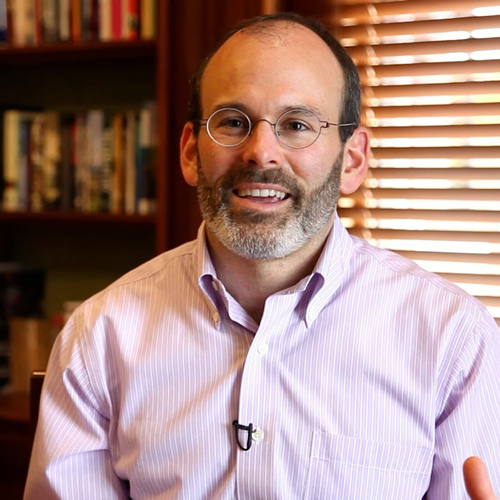It’s March of 2016. Statistics show that 45% of us made a new year’s resolution at the top of the year. They also show that of those people who made a new year’s resolution, 45% of them have already failed at keeping it.
Why is that? According to Judson Brewer, it’s because we need to be more mindful in order to curb our addictions.
In his TEDMED talk titled A Simple Way to Break a Bad Habit, Brewer addresses what is physically going on in our brains when we form habits.
He notes that we are wired with a reward-based learning process that relies on positive and negative reinforcement. “It goes like this. We see some food that looks good, our brain says, “Calories! … Survival!” We eat the food, we taste it — it tastes good. And especially with sugar, our bodies send a signal to our brain that says, “Remember what you’re eating and where you found it.”
 In short, this is what is happening:
In short, this is what is happening:
- See food
- Eat food
- Feel good
- Repeat
This cycle is present in most addictions, including alcohol, smoking, food and shopping.
“Maybe in our teenage years, we were a nerd at school, and we see those rebel kids outside smoking and we think, Hey, I want to be cool. So we start smoking,” Brewer says in his presentation, “The Marlboro Man wasn’t a dork, and that was no accident; See cool, smoke to be cool, feel good. Repeat. Trigger, behavior, reward. And each time we do this, we learn to repeat the process and it becomes a habit. So later, feeling stressed out triggers that urge to smoke a cigarette or to eat something sweet.” This is the primary foundation to a bad habit according to Judson Brewer.
It is common to use cognitive thinking to beat habit forming thoughts that fuel addiction, but Brewer has identified a new way of tackling addiction: Being mindful. Brewer in his study told smokers to “Go ahead and smoke, just be really curious about what it’s like when you do.” When he did this, the results were intriguing.
One smoker said that “Mindful smoking: ‘smells like stinky cheese and tastes like chemicals, YUCK!’” Brewer went on to explain that this smoker knew cognitively that smoking was bad for her, that’s why she joined the program, to try and quit. But “what she discovered just by being curiously aware when she smoked was that smoking tastes like shit.”
Knowing how you feel when you smoke is what Brewer refers to as being mindful. “The paradox here is that mindfulness is just about being really interested in getting close and personal with what’s actually happening in our bodies and minds from moment to moment,” says Brewer. “This willingness to turn toward our experience rather than trying to make unpleasant cravings go away as quickly as possible and this willingness to turn toward our experience is supported by curiosity, which is naturally rewarding. Curiosity takes place of the “fear-based reactive habit patterns.”
Brewer tried this approach and found that “In one study, mindfulness training was twice as good as gold standard therapy at helping people quit smoking. So it actually works!”
If you aren’t a smoker and feel like you don’t really have a vice, there was some homework for you too. “If you don’t smoke or stress eat, maybe the next time you feel this urge to check your email when you’re bored, or you’re trying to distract yourself from work, or maybe to compulsively respond to that text message when you’re driving, see if you can tap into this natural capacity,” says Brewer. “Just be curiously aware of what’s happening in your body and mind in that moment. It will just be another chance to perpetuate one of our endless and exhaustive habit loops, or step out of it. Instead of see text message, compulsively text back, feel a little bit better — notice the urge, get curious, feel the joy of letting go and repeat.”





